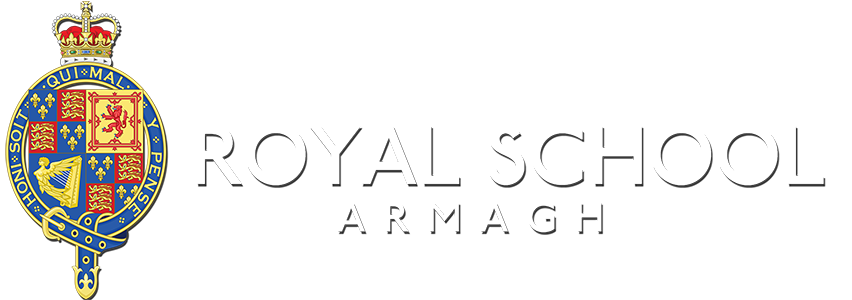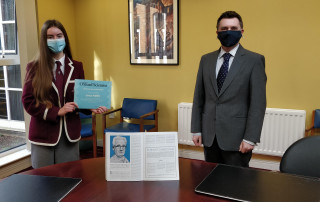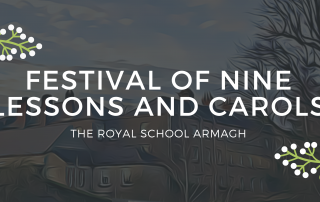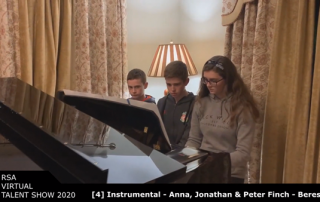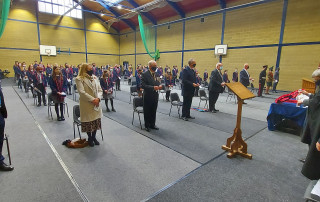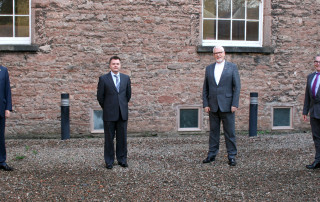Department | English
FOR THE INCREASE OF LEARNING AND GOOD MANNERS
MEMBERS OF STAFF
Subject Information
Department Blog Posts
CONGRATULATIONS TO LUCY ADDIS – WINNER OF THE SCHOOLS SCIENCE WRITING COMPETITION
CONGRATULATIONS TO LUCY ADDIS - WINNER OF THE SCHOOLS SCIENCE WRITING COMPETITION MICHAELMAS TERM 2020 Pictured: Lucy alongside The Headmaster, Mr. Montgomery with her certificate and published article [...]
Cyberfirst Girls Competition 2021 – Online Round
Introduction For the third year running, The Royal School Armagh has participated in the GCHQ's annual 'CyberFirst Girls Competition'. Last year, we were delighted to reach the regional finals [...]
Festival of Nine Lessons and Carols
We are pleased to be able to share our Festival of Nine Lessons and Carols with you. We are grateful to St Patrick’s Cathedral for granting access to our readers [...]
House Virtual Talent Show & Annual Quiz
Virtual Talent Show Our end of year talent show usually consists of a packed-out assembly hall enjoying the array of acts performing their talents on stage. For obvious reasons, [...]
House Competition: Winners of the Pumpkin Competition announced
Congratulations to the following pupils who won house points for their respective Houses: 1. Emily Dunwoody (D’Arcy) 2. Edythe Qua (Armstrong) 3. Reuben McDowell (Rokeby) 4. Laura Lu (Beresford) [...]
Remembrance Service
Today we held our annual remembrance service to reflect on and give thanks for the sacrifice of those who fell in the struggle for freedom in the world wars and [...]
Celebrating Success: RSA Enrichment Awards
The idea of the RSA Enrichment Programme came to fruition during the early stages of the Coronavirus pandemic. It was realised that in these unprecedented times, we all faced a [...]
Visit from the Right Rev. Dr. David Bruce
Today the Religious Studies department were delighted to welcome the Moderator of the General Assembly of the Presbyterian Church in Ireland, the Right Rev. Dr. David Bruce. GCSE & Sixth [...]
